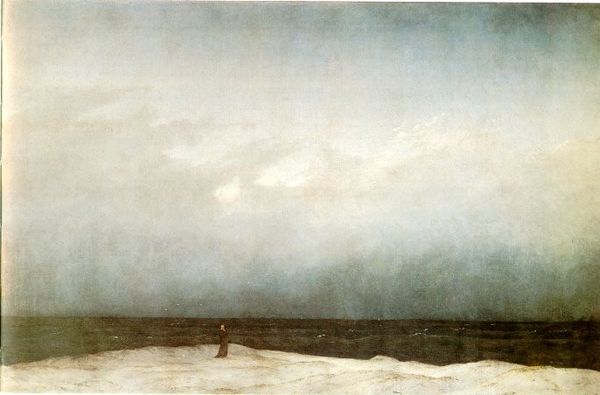Portal:Psychology
The Psychology Portal
Psychology is the study of mind and behavior. Its subject matter includes the behavior of humans and nonhumans, both conscious and unconscious phenomena, and mental processes such as thoughts, feelings, and motives. Psychology is an academic discipline of immense scope, crossing the boundaries between the natural and social sciences. Biological psychologists seek an understanding of the emergent properties of brains, linking the discipline to neuroscience. As social scientists, psychologists aim to understand the behavior of individuals and groups. A professional practitioner or researcher involved in the discipline is called a psychologist. Some psychologists can also be classified as behavioral or cognitive scientists. Some psychologists attempt to understand the role of mental functions in individual and social behavior. Others explore the physiological and neurobiological processes that underlie cognitive functions and behaviors.
Selected article -The name-letter effect is the tendency of people to prefer the letters in their name over other letters in the alphabet. Whether subjects are asked to rank all letters of the alphabet, rate each of the letters, choose the letter they prefer out of a set of two, or pick a small set of letters they most prefer, on average people consistently like the letters in their own name the most. Crucially, subjects are not aware that they are choosing letters from their name. Discovered in 1985 by the Belgian psychologist Jozef Nuttin, the name-letter effect has been replicated in dozens of studies, involving subjects from over 15 countries, using four different alphabets. It holds across age and gender. People who changed their names many years ago tend to prefer the letters of both their current and original names over non-name letters. The effect is most prominent for initials, but even when initials are excluded, the remaining letters of both given and family names still tend to be preferred over non-name letters. (Full article...)Selected image - The Monk by the Sea, by Caspar David Friedrich (circa 1808 - 1810). An artistic representation of loneliness and associated emotions image credit: public domain
Quotes -
WikiProjectsThe following WikiProjects work to improve the quality and scope of articles related to psychology. Please join us at any of them.
Selected biography -
Brenda Milner CC GOQ FRS FRSC (née Langford; born 15 July 1918) is a British-Canadian neuropsychologist who has contributed extensively to the research literature on various topics in the field of clinical neuropsychology. Milner is a professor in the Department of Neurology and Neurosurgery at McGill University and a professor of Psychology at the Montreal Neurological Institute. , she holds more than 25 honorary degrees and she continued to work in her nineties. Her current work covers many aspects of neuropsychology including her lifelong interest in the involvement of the temporal lobes in episodic memory. She is sometimes referred to as the founder of neuropsychology and has been essential in its development. She received the Balzan Prize for Cognitive Neuroscience in 2009, and the Kavli Prize in Neuroscience, together with John O'Keefe, and Marcus E. Raichle, in 2014. She turned 100 in July 2018 and at the time was still overseeing the work of researchers. (Full article...)
Did you know (auto-generated) -
SubcategoriesRelated portalsMore did you know -
Psychology topics |




